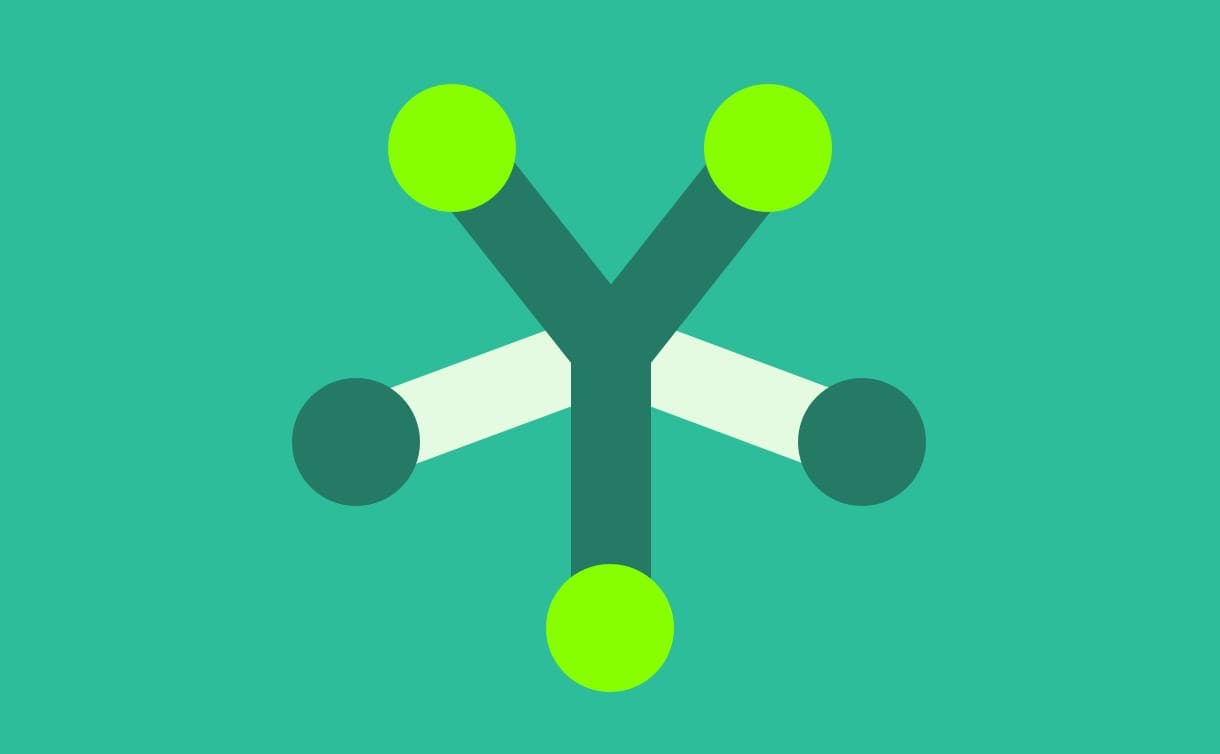How moving your body helps your brain
Everyone knows exercise is good for your body, but it's also excellent for your brain.


Stop reading this and go for a walk. Or a jog. Or do some stretches. Or dance around the kitchen. However you choose to do it, exercise is a good choice.
Moving daily is an essential part of any braincare routine, along with the other four braincare behaviours. In this article, we’ll look at the benefits of exercise on both your brain and your body, along with how to make sure you move enough every day.
Why is exercise important?
Exercise is good for you. There are no two ways about it, and you won’t find many people arguing.
Understandable, most people know about the benefits of exercise on your physical health—stronger muscles, denser bones, and better cardiovascular function can all be a result of a good, regular exercise regimen. However, people are less likely to know about the benefits of exercise on your brain. Research shows that physical activity can improve self-esteem, mood, sleep quality and energy, as well as maintain your mental well-being and support healthy ageing.
But over the past several decades, we’ve been exercising less. Sedentary lifestyles, work-life imbalance, and a shift in the economy away from manufacturing means that it’s been harder and harder to get the NHS-recommended 150 minutes a week.
How does exercise affect the brain
You might have heard the phrase ‘your brain is a muscle’. While this is technically inaccurate (it’s not a muscle), it’s true that like muscles, you need to exercise regularly to keep your brain in tip-top shape.
And over time, your brain, muscles, and heart will all adapt to movement in ways that will make it more enjoyable, meaningful, and easier. So even if you’re not certain about it now, don’t give up—give your brain a chance, and keep moving.

Exercise and mental health
Exercise is one of the most effective ways to improve your mental health—especially if you do it outside.
New emerging research suggests the “green exercise” effect—being active in a natural environment—brings positive effects such as healthier levels of blood pressure and cortisol (the hormone making you feel tense), vitality, increased energy, psychological restoration, well-being, and positivity. Exercise also helps you practice the mindfulness that your brain can use to shut down the cruel, verbal aspects of poor mental health.
Exercise and brain health
Exercise not only triggers the release of feel-good chemicals like dopamine, serotonin, norepinephrine, and endorphins, but it also impacts the structure of your brain, making you more sensitive to joy, pleasure, and positive motivation.
Multiple studies have found that regular exercise can have a noticeable effect on brain structure, showing an increase in the size of the hippocampus and a reduction of grey and white matter atrophy. Unsurprisingly, different amounts and intensities of exercise had different effects, but even a small amount can have an impact.
You know that your body will change with exercise—if you lift heavy things, you’ll get stronger. The same goes for your brain—with exercise, it will get better at being alive, thinking better, learning faster, being social, and keeping you motivated.
Myokines
Myokines are small proteins produced and released by muscles when they contract. Whether you walk, run, or lift weights, every time one of your muscles contracts, these proteins are secreted into your bloodstream.
They’re good for almost every aspect of your wellbeing—they support your immune system, maintain heart health and regulate blood sugar. Myokines also cross the blood-brain barrier and reach your brain, where they can help with some of the symptoms of poor mental health.

Tips to move more
It’s all very well emphasising the importance of moving daily. The hard part is actually doing it. Here are some tips that we find helpful.
Just walk
A free way to improve your sleep, your mental health, and your physical health? Seems too good to be true. But simply going for a walk is one of the easiest ways to make sure you move every day.
Whether it’s a couple of 15-minute walks during the day, getting off the bus a few stops early, or (if you’re lucky) exploring a local beauty spot, the more you walk, the healthier you’ll be.
Or you could schedule some walking meetings. Multiple studies have suggested that going for a short walk can boost your creative thinking. Why wouldn’t you incorporate that into meetings? There’s a reason Steve Jobs was a fan.
Make it fun
There’s no hiding it—exercise can feel like a chore. There’s never enough time, the weather’s not right, we’re just too tired.
So one of the keys to making sure you move every day is to turn the exercise into something you look forward to. This is where you can really personalise things. Partial to a dance around the kitchen? That’s movement. An afternoon gardening? That’s movement.

Or you can make more traditional exercise more fun by incorporating a social element. Join a cycling club, or arrange to go to the gym with a friend. The added spice of competition can liven things up.
Little and often
If possible, you should be moving daily. Putting exercise off during the week, with an internal promise to make it up at the weekend, is a recipe for disaster.
But even within the day, you can break up exercise into more manageable chunks. Not only does this make it seem like less of a chore, but it also encourages variety in your routine.
So instead of one half-hour walk, try two 15-minute walks. Instead of half an hour of stretching, break that into three 10-minute blocks to tackle throughout the day.
So find time to move your body every day. It doesn’t have to be much, but some sort of exercise is essential. It’s one of the 5 braincare behaviours, with the added benefit of being excellent for your physical health as well.
And don’t forget to incorporate the other behaviours—nourishing your body, resting regularly, staying curious, and taking time to pause—into your everyday braincare routines.